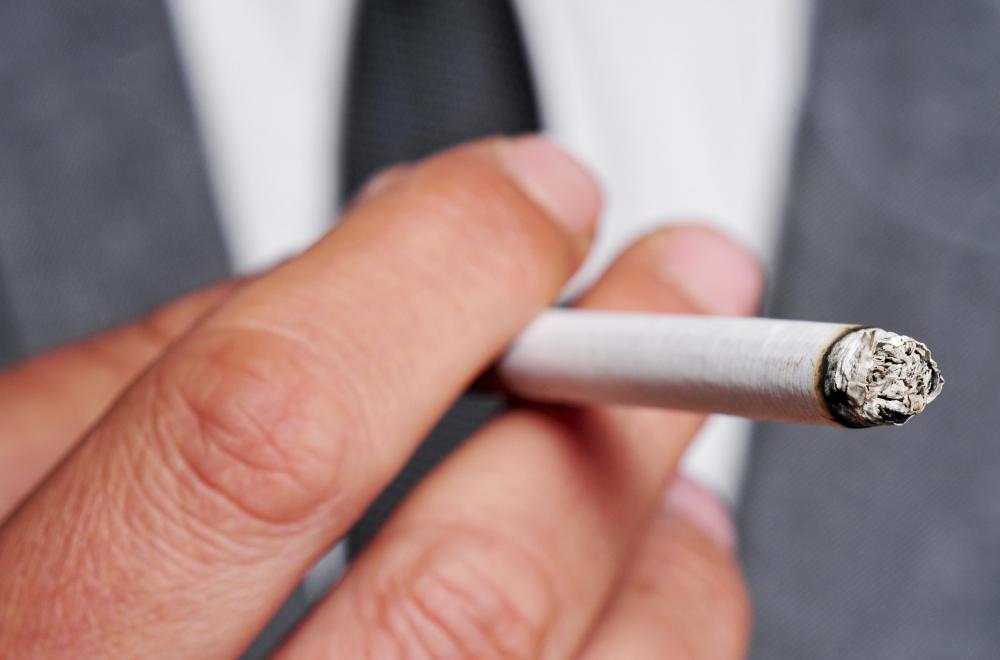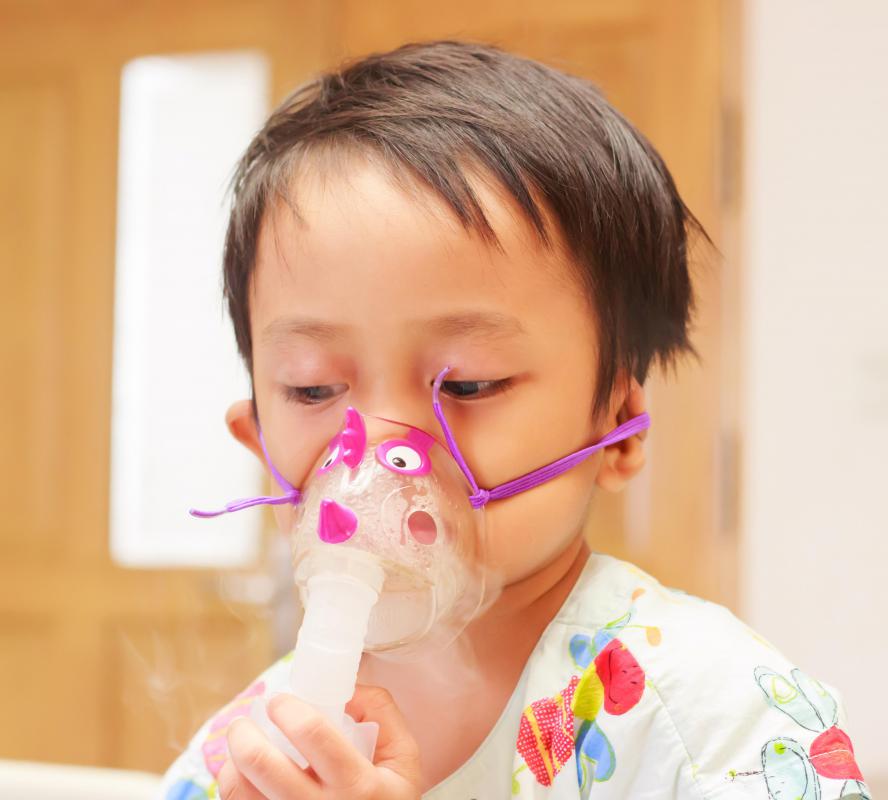At TheHealthBoard, we're committed to delivering accurate, trustworthy information. Our expert-authored content is rigorously fact-checked and sourced from credible authorities. Discover how we uphold the highest standards in providing you with reliable knowledge.
What is an Upper Respiratory Infection?
An upper respiratory infection is an infection that develops in the nose and throat, and is also known as the common cold. The average upper respiratory infection lasts from one week to 11 days. If symptoms extend past 14 days, it may be time to see a doctor to rule out any complications. Upper respiratory infections are caused by one of over 200 viruses, such as the rhinovirus and parainfluenza virus. Upper respiratory infection symptoms include a sore throat, with or without a cough, and nasal congestion.
Upper respiratory infections typically clear up on their own, with no need for medical intervention. Symptoms of uncomplicated cases of upper respiratory infections can be treated with over the counter antihistamines and decongestants, according to the Centers for Disease Control and Prevention. Occasionally. A secondary bacterial infection may develop that requires an antibiotic.

People suffering from upper respiratory infections may develop laryngitis, or inflammation of the larynx. Laryngitis causes hoarseness and a raspy voice. In severe cases, the individual may lose his or her voice entirely. People suffering from laryngitis may also experience a sore throat, dryness in the throat, difficulty swallowing and coughing. Laryngitis is treated by resting the voice, drinking fluids, and avoiding cigarette smoke.

A more severe form of upper respiratory infection is influenza. The influenza virus tends to spread seasonally. The virus is spread when an infected person coughs or sneezes, propelling microscopic droplets into the air. Symptoms of influenza include fatigue, muscle aches, sore throat, fever, chills, coughing, and a headache. Pneumonia can develop as a complication of influenza.

Upper respiratory infections that linger past 10 days may develop into sinus infections. The virus responsible for the upper respiratory infection can damage the lining of the sinuses, causing inflammation. Symptoms of a sinus infection include pressure behind the eyes, alongside the nose, on the cheeks, or on one side of the head. People with sinus infections often experience headaches, bad breath, nasal congestion combined with thick secretions, coughing, and a fever.

At-home treatment for sinus infections include inhaling steam several times a day, either with a steam vaporizer or by leaning over a bowel filled with hot water, drinking water and warm tea to thin nasal secretions, and treating the pain with over the counter anti-inflammatory medication. If the pain persists, it may be necessary to visit a healthcare provider. A healthcare provider can prescribe antibiotics to treat the infection, as well as a nasal spray that contains steroids to reduce inflammation in the sinuses.
AS FEATURED ON:
AS FEATURED ON:




















Discussion Comments
One of the best treatments I have found for colds and sinus infections is echinacea. What I like about this herb is that you can take it almost like a vitamin. Unless you are allergic to the herb, you can take it daily and it will hopefully promote overall good health. As the saying goes, an ounce of prevention is worth a pound of cure.
Before the use of antibiotics became so popular, echinacea was one of the most widely used substances for upper respiratory infection treatment. At some point, I could see this being true again because of all of the potential drawbacks associated with using other kinds of medicines.
@Laotionne - I don't know the reason, but I have problems with sinus infections, too. This is something that started a few years back and has been a problem on and off ever since then. I take some herbs that seem to help a bit, and with these I don't have to worry about taking antibiotics and potentially helping to create a super virus that is resistant to antibiotics.
You can go to a local health and nutrition store and ask about what types of herbs are good at preventing and fighting upper respiratory infection. The store will most likely have a good variety of products to choose from.
When I get a cold the end result is always a sinus infection. I don't know why I get them so often, but I do. When I go to the doctor she gives me antibiotics and they clear up the upper respiratory infection in short time, but I get so many sinus infections that I am worried about always taking antibiotics. I have read that antibiotics can actually make the infections return stronger and more difficult to get rid of than they were originally.
Post your comments